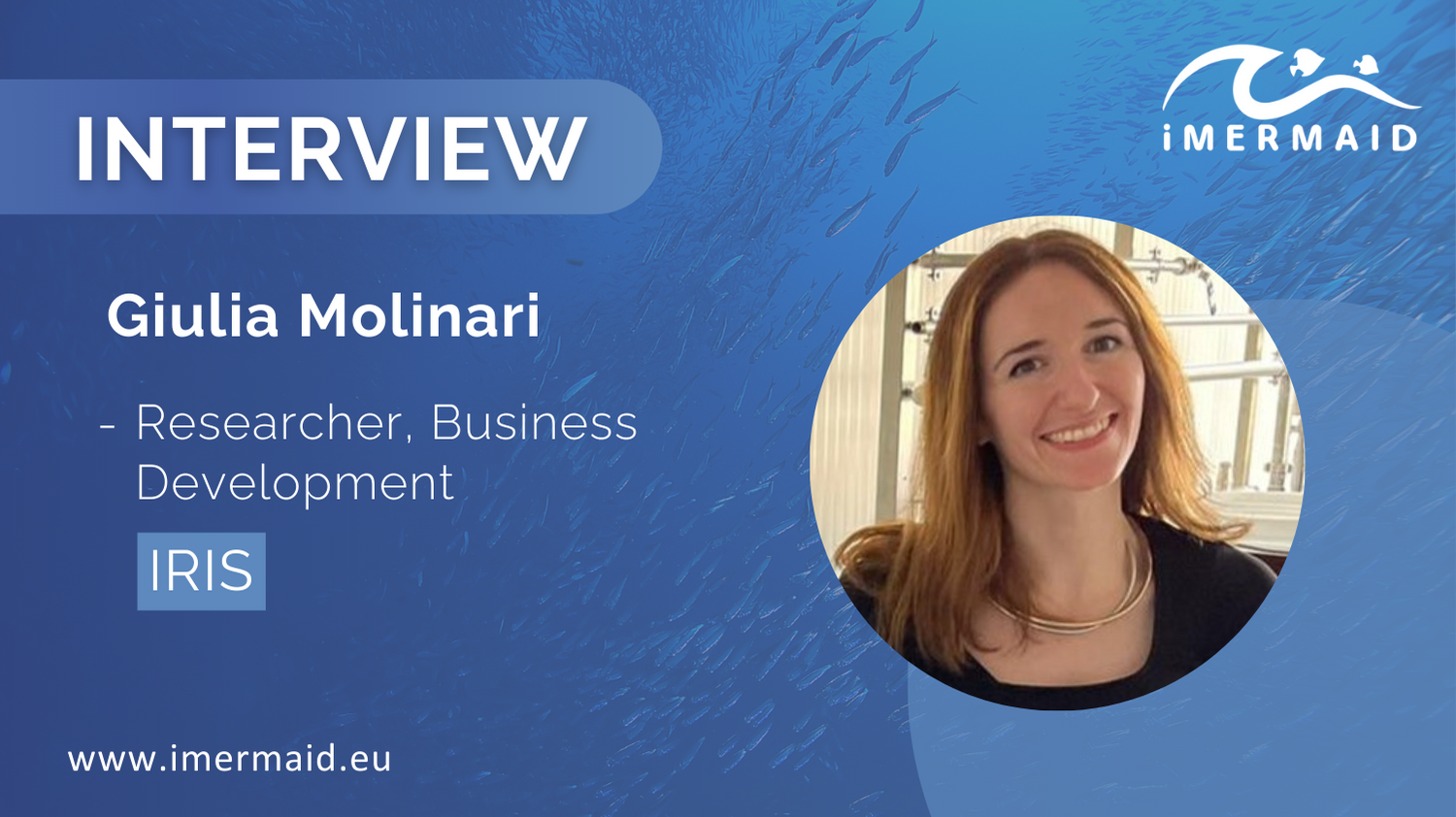- Can you tell us your role in the project and how your expertise contributes to the project’s mission?
In the iMERMAID project, IRIS SRL’s main involvement is in developing and validating the Pulsed Plasma Discharge (PDP) technology, an innovative approach to addressing contaminants of emerging concern (CoECs) in effluents discharged into the Mediterranean Sea. This technology aims to degrade pollutants and prevent their accumulation in marine ecosystems near their sources, contributing to water quality restoration and marine biodiversity protection.
PDP, functioning as an Advanced Oxidation Process (AOP), demonstrates the capability to completely mineralize various toxic organic compounds typically found in wastewater, including pharmaceuticals, hormones, pesticides, and perfluoroalkyl substances PFAS. Unlike State-of-the-Art (SotA) methods, IRIS’s patented technology operates without the need for additional chemicals, as reactive agents are generated within the plasma itself. Additionally, IRIS’s PDP emits significantly shorter pulses than existing devices, resulting in a notable 30% reduction in energy consumption compared to current technologies.
Operating as a low-temperature physical treatment utilizing high-energy nano-impulses, the PDP prioritizes environmental safety. It harnesses strongly oxidizing species, intense electromagnetic fields, and UV radiation generated within the plasma, all without relying on additional chemicals that could pose risks. Furthermore, its low energy requirements make it adaptable for solar energy supply, enhancing its sustainability. The device’s compact and portable design makes it particularly suitable for localized treatment of water contaminated with Persistent Organic Pollutants (POPs) such as pharmaceuticals, hormones, pesticides, and per- and polyfluorinated alkyl substances (PFAFs).
In addition to technical development and validation, IRIS SRL actively supports the deployment of the Plasma Discharge technology. This involves formulating and executing a comprehensive strategy to replicate the technology’s application across various contexts and environments. This approach is essential for demonstrating the technology’s versatility and effectiveness in diverse settings, thereby establishing its position as a viable solution for environmental remediation efforts.
- What do you think are the main benefits that the project brings forward, and in which areas do you envision the project having its biggest impact?
iMERMAID’s technological innovations address chemical pollution in the Mediterranean while setting new standards for global environmental remediation efforts. Its integrated approach offers a comprehensive model for sustainable environmental management and conservation. The project restores and protects marine ecosystems, crucial for the biodiversity hotspot of the Mediterranean Sea facing numerous challenges. Cleaner water bodies improve public health and well-being, ensuring the sustainability of marine resources on which many communities depend. Implementing advanced technologies can lead to more sustainable industries, enhancing economic viability and fostering innovation in the green technology sector. By addressing pollution at its source with eco-friendly methods, the project promotes responsible environmental stewardship and sustainable practices across sectors. It also raises awareness about environmental issues and the potential of technology to address them, serving as an educational tool for the public and policymakers.
The technological advancements fostered by the iMERMAID project are expected to have a significant influence on policy-making and regulatory frameworks. The data and insights generated through enhanced monitoring and analysis can inform more effective environmental regulations and policies. Moreover, the demonstration of successful technological interventions provides a tangible basis for advocating for broader adoption and integration of these solutions in environmental protection efforts.
iMERMAID project embodies the principle of interdisciplinary collaboration, bringing together experts from environmental science, engineering, data science, and policy-making, fostering innovation and facilitating capacity building among participating organizations and stakeholders. The exchange of knowledge and expertise is a valuable outcome of the project, strengthening the collective ability to address environmental challenges.
While iMERMAID project is focused on the Mediterranean Sea, the technologies and methodologies developed have global relevance. The project serves as a model for similar initiatives in other parts of the world, demonstrating the scalability and adaptability of the solutions to different environmental contexts and challenges.
The project offers promising solutions for monitoring, preventing, and remediating pollution, with the potential to significantly impact the health of marine ecosystems in the Mediterranean and beyond. Its interdisciplinary collaboration and its contributions to policy-making underscore the holistic approach required to tackle complex environmental challenges.
- If you had to describe the iMERMAID project in one word, what would that be?
Transformative. iMERMAID has the potential to redefine approaches to marine conservation and pollution management, aiming for significant changes in environmental health and sustainability practices.




